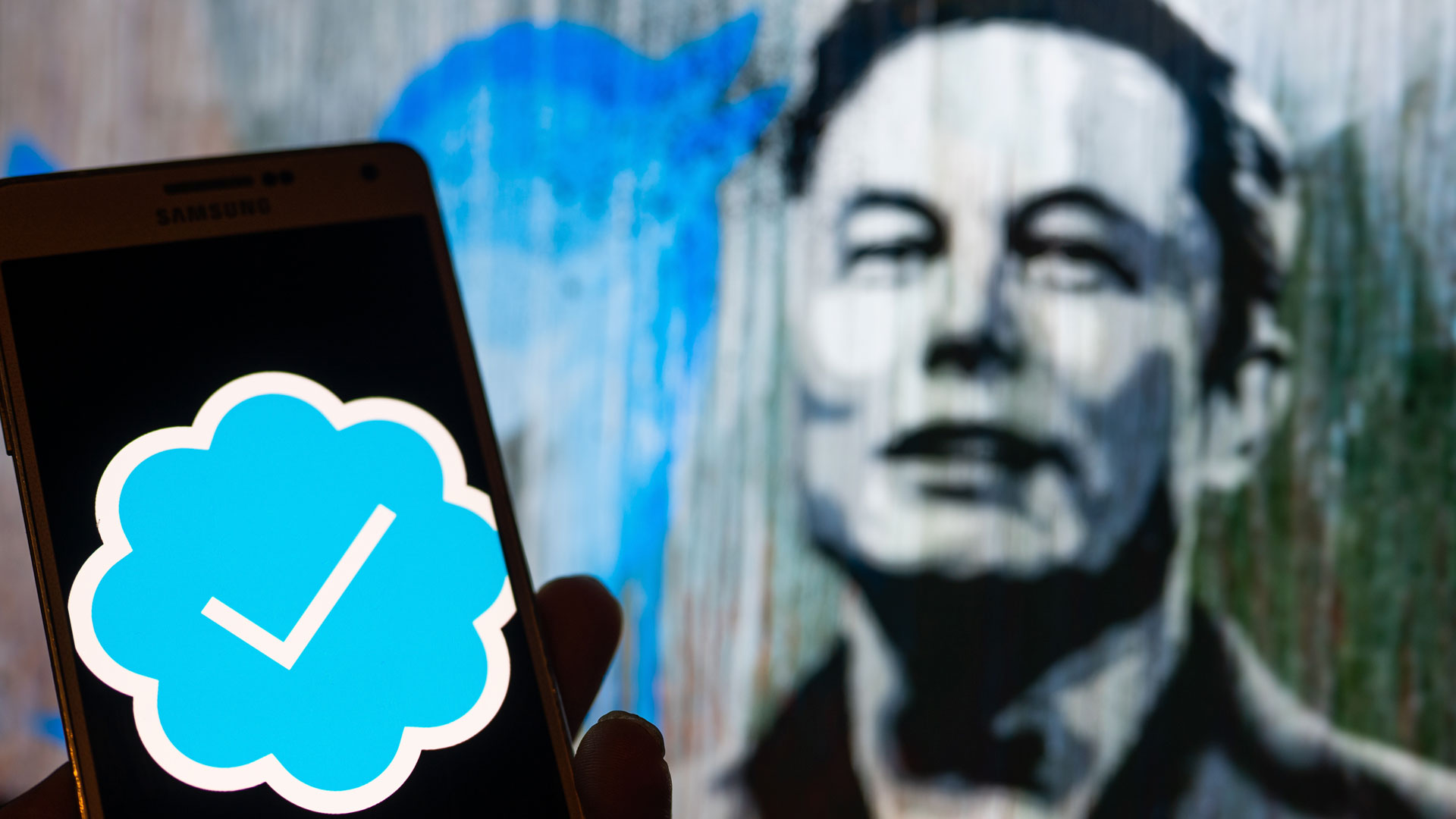Elon Musk wants to launch a Twitter video app for smart TVs to revive falling ad sales
With Twitter's value tanking, the business is pivoting to video

The news that Twitter is going all-in on a video app for smart TVs reminds me of a popular meme. When the social media site was told that it was alienating its users, Twitter responded by introducing weird features that nobody wanted, which created the joke: "likes are now florps... timeline goes sideways."
Of all the things Twitter users would like to see, I suspect a video app is pretty low down the list. But the firm is going all-in with the hope that it's going to make lots of money and that you'll watch Twitter on one of the best TVs.
Companies like Meta have launched their own version of a smart TV app – Facebook Watch – and even Android TVs got a TikTok TV app a few years ago. Aside from Musk posting on Twitter that the new smart TV app "is coming", there's no indication of when or how it will arrive, but we do know the why.
USERS: you're alienating the people who actually use your productTWITTER: likes are now florpsUSERS: whatTWITTER: timeline goes sidewaysJanuary 5, 2016
Opinion: pivoting to video sounds like a panicked move
According to that old favorite "a source familiar with the matter", Reuters reports that Twitter believes that it can sell advertising and sponsorship on video content. It apparently intends to do that on shows from people like recent hire Tucker Carlson, the rightwing rabble-rouser recently fired from Fox News.
In a new presentation to investors, new Twitter chief executive Linda Yaccarino said that the firm is in early discussions with political and entertainment figures, payment services and news and media publishers on potential partnerships. According to the presentation, 10% of people's time spent on Twitter is focused on watching vertical videos, which is why it wants to increase that dramatically.
I'm skeptical of whether the 10% of people that do currently watch videos on the app is going to be easy to monetise, though. Most of the video I see in my feed is short clips, usually shared to be dunked on, and that's not the kind of thing that tends to appeal to advertisers. And there's been a marked difference in the quality of ads I'm seeing on Twitter now. Where I used to see big brands, I'm seeing very low quality, low-rent stuff – albeit not as bad as the "camera to spy on women undressing" ads that Newsweek reported on a few days ago.
The New York Times says that Twitter's US ad sales are down 59% year on year, which has dragged down the company's value from $20 billion to $15 billion (Musk paid $44 billion for it). As a result, its sales staff are "concerned that advertisers may be spooked by a rise in hate speech and pornography on the social network, as well as more ads featuring online gambling and marijuana products".
Get daily insight, inspiration and deals in your inbox
Sign up for breaking news, reviews, opinion, top tech deals, and more.
With Twitter's head of brand safety and ad quality leaving the firm a fortnight ago – a move that coincided with The New York Times reporting that big companies' ad agencies "cited confusion over Mr. Musk's changes to the service, inconsistent support from Twitter, and concerns about the persistent presence of misleading and toxic content on the platform" – this feels like a panicked move. Asked to clean up the service, Twitter is responding by telling companies that likes are now 'florps'.
Writer, broadcaster, musician and kitchen gadget obsessive Carrie Marshall has been writing about tech since 1998, contributing sage advice and odd opinions to all kinds of magazines and websites as well as writing more than a dozen books. Her memoir, Carrie Kills A Man, is on sale now and her next book, about pop music, is out in 2025. She is the singer in Glaswegian rock band Unquiet Mind.
